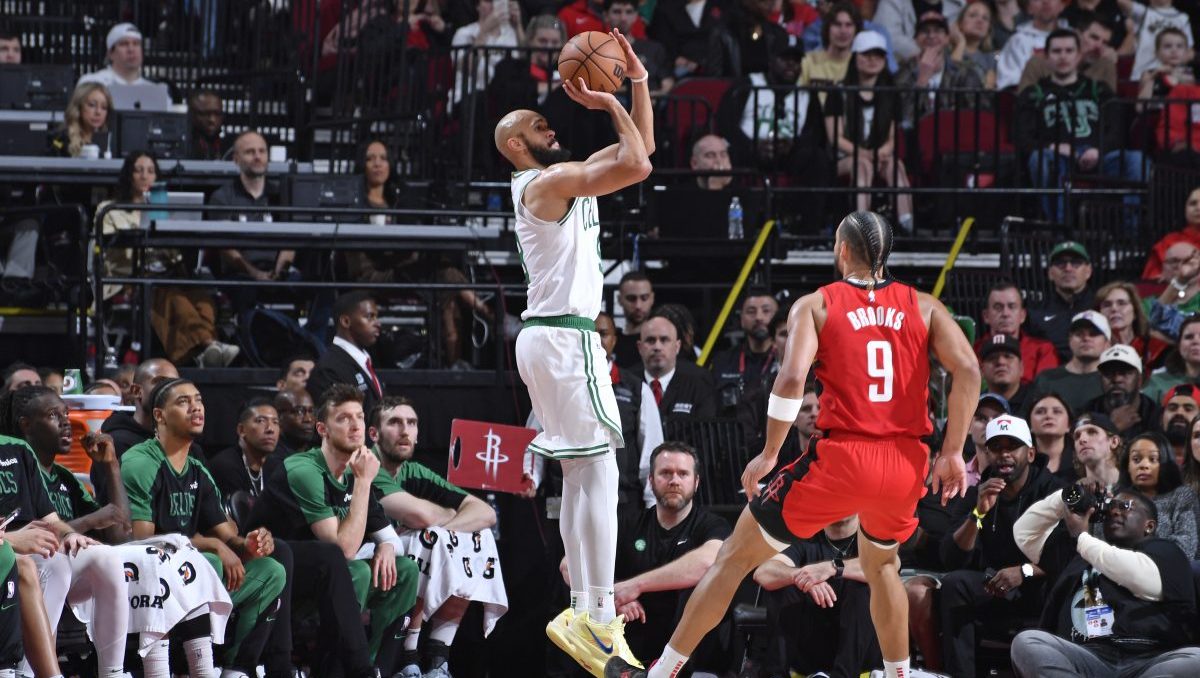Tomase: MLB owners are the cartoon villains of league's labor strife originally appeared on NBC Sports Boston
WATCH ANYTIME FOR FREE
>Stream NBC10 Boston news for free, 24/7, wherever you are. |
There's a reason billionaires make easy comic book villains. Their ruthlessness, gross entitlement, and disdain for the working man leave no doubt who the bad guys are.
Their behavior is so cartoonishly awful, it's enough to make you wonder why Lex Luthor, Monty Burns, or freaking Smaug never owned a baseball team. It would certainly be on brand.
Get updates on what's happening in Boston to your inbox. Sign up for our >News Headlines newsletter.
As if to prove the point, on Tuesday negotiations between baseball's players and owners collapsed, but not before the latter made one last bad-faith offer in the hopes of stealing a public relations win and retreating to their respective yachts, fortresses, and exotic menageries.
Why Red Sox' minor-league teams deserve your attention during lockout
These real-life villains have been telegraphing their deviously simple plans for at least two years: cancel games, save money, maintain the system that has ballooned their bottom lines like so many ravenous little Violet Beauregardes.
NBC Sports
In announcing the sport's first work stoppage in nearly three decades, the owners predictably cast themselves as noble saviors rebuffed by ungrateful labor. The players left them no choice but to cancel the first two series of the season, you see. The owners also cried poor, which is quite a trick for a group that has collectively watched franchise values more than triple over the last decade.
Commissioner Rob Manfred was cattle-prodded in front of the cameras to make these points and also to suggest that the owners were willing to deal, but the players wouldn't budge. The facts simply do not support this assertion, no matter how many times Manfred repeats it.
The owners imposed a lockout. The players are not striking. They would've continued playing under the old system while negotiating the new one. They didn't want to see the sport lose any games.
The owners instituted the lockout as a defensive measure to force negotiations (Manfred's words) and then disappeared for six weeks. They established arbitrary deadlines this week and then didn't engage on the most pivotal issues until the final frenetic 18 hours. The deal the players rejected on Tuesday might've had a chance as a waypoint in, say, January. But the owners never had any intention of discussing substantive issues until the last possible moment, because they clearly weren't interested in compromise. They've spent the last three months dying to say five words: take it or leave it.
The players chose option B. The primary sticking point is the luxury tax threshold, which sat at $210 million and served as a de facto salary cap in 2021. The players wanted $245 million to reflect the growth in revenues over the last five years. The owners countered at $215 million and finally, belatedly boosted their offer to $220 million -- where it would sit for three years before reaching $230 million in 2026.
That's not a last, best offer. It's designed to be rejected, but Manfred tried to sell it anyway.
"I think the proposal we made is right in line with the type of increases we've seen in the past," he stammered. "I think you also need to remember that the last five years have been very difficult years from a revenue perspective for the industry given the pandemic. And last, look, we have a payroll disparity problem. To weaken the only mechanism in the agreement that's designed to promote some semblance of competitive balance is just something that I don't think the club group is prepared to do right now."
Ahh, yes. Competitive balance. One of baseball's favorite buzzwords. In theory, competitive balance means ensuring the rich don't spend the poor into oblivion. In reality, it means the poor have no incentive to invest the revenue-sharing money lining their pockets, and more importantly, it gives the rich an artificial excuse to limit spending, which is how the Red Sox, Yankees, and Phillies, to name three, ended up counting pennies even during pennant races, the desire to stay below $210 million superseding their will to win.
Baseball doesn't want that system to change, because it's amazing for the bottom line. While player salaries have fallen in each of the last four seasons, revenues have climbed 40 percent over the last decade, per ESPN.
Rather than share their profits, the owners have blown up at least the start of the season, and probably more.
We shouldn't be surprised. It's what 30 Scrooge McDucks would do.



